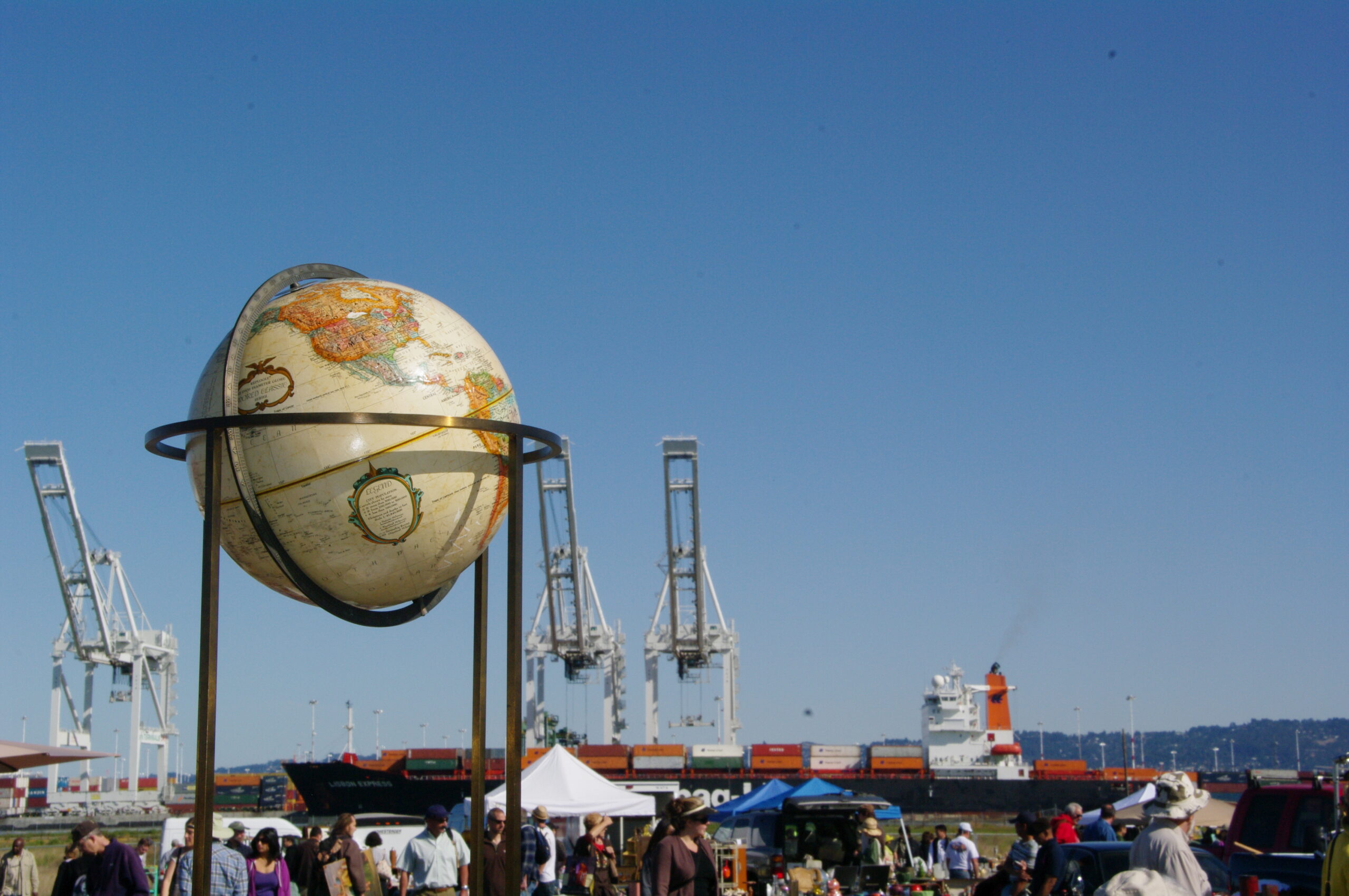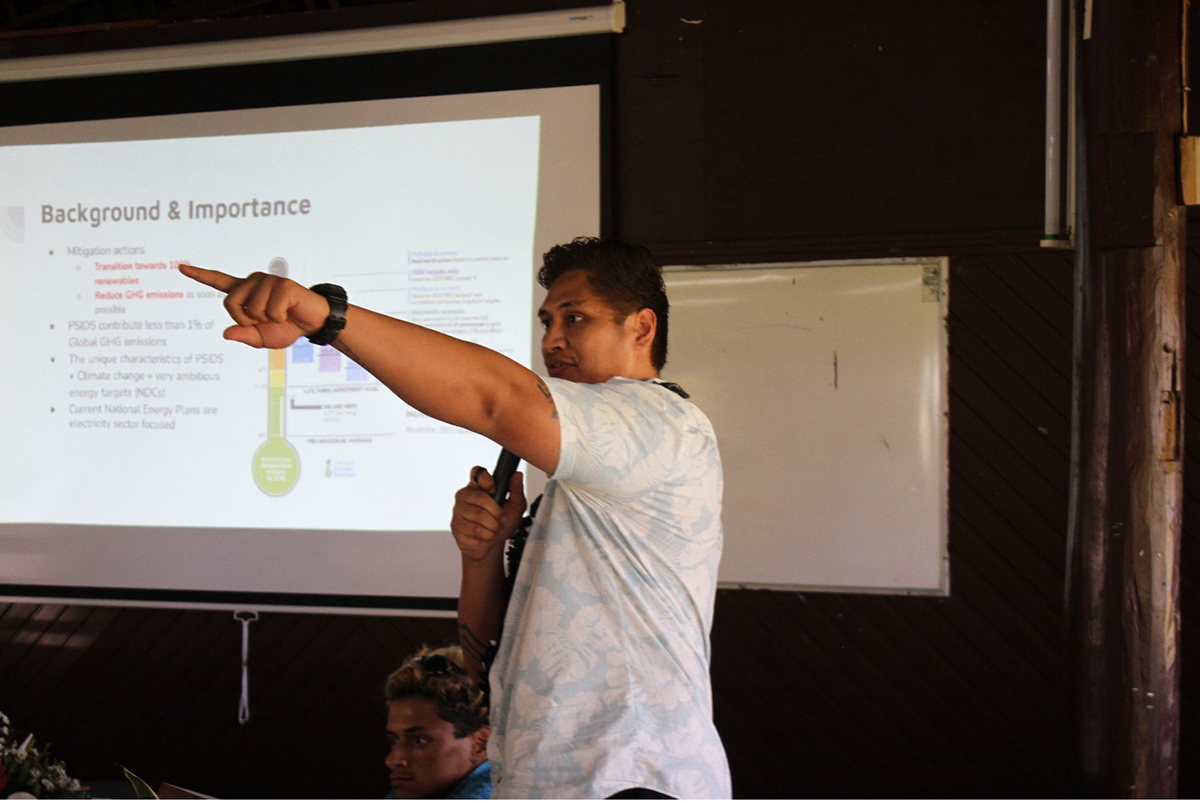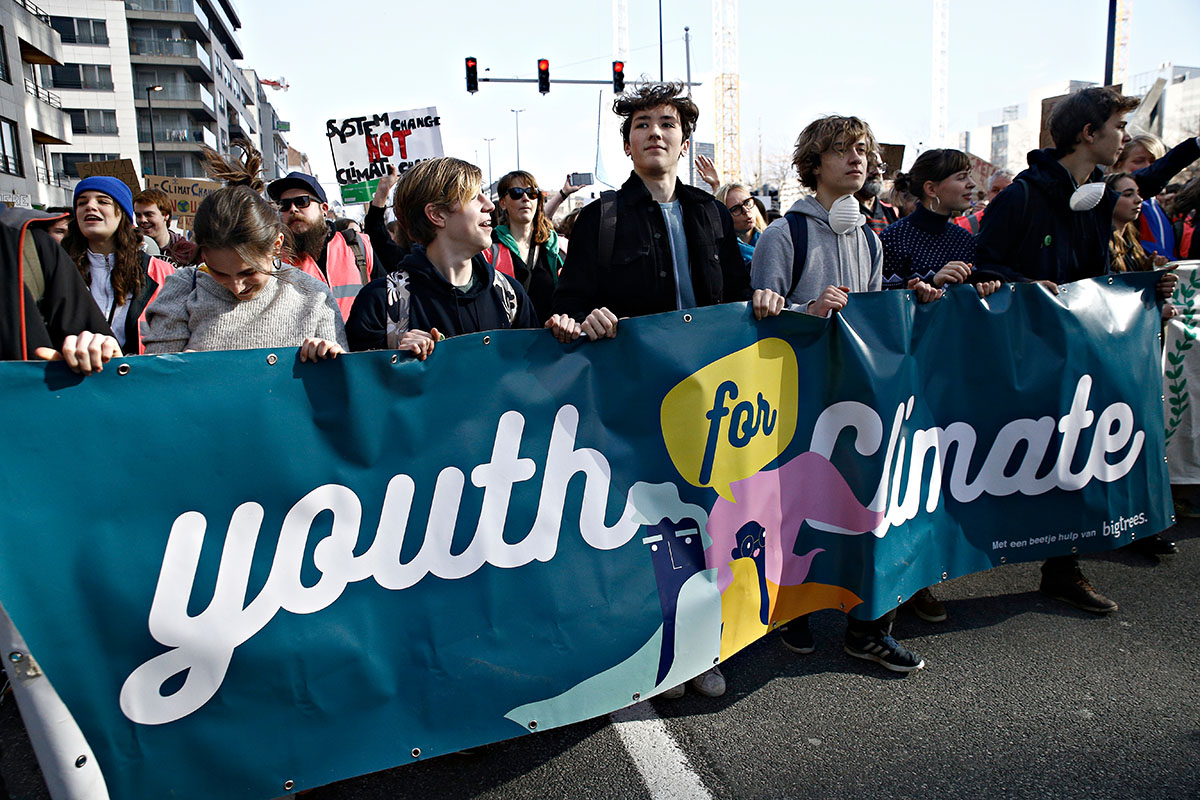“Back to the future – the Commonwealth rises”
July 13 A potential re-examination of Britain’s membership in the European Union may create opportunities to strengthen Commonwealth ties, writes Jake Elson, 21, a Commonwealth Correspondent from Bunbury in Australia.
A potential re-examination of Britain’s membership in the European Union may create opportunities to strengthen Commonwealth ties, writes Jake Elson, 21, a Commonwealth Correspondent from Bunbury in Australia.
May 20, 2015 may well go down in British history for two reasons. One, David Cameron’s shock majority, which avoided the need to form a coalition with either the DUP or Lib Dems. Two, It could well be the turning point in Commonwealth relations.
Cameron, paying heed to backbench pressure, has all but declared a referendum on Britain’s membership in the European Union (EU). Although he prefers to renegotiate membership, such musings have constantly been rebuffed, sometimes almost instantly. It is clear that Britain leaving the EU as a result of the referendum would undoubtedly breathe new life into the Commonwealth of Nations. However, this will not be without consequence. One has to ask whether Britain has an economic plan for a potential ‘Brexit’?
Without a doubt, this referendum represents the biggest culture clash between British economic and political outlook since the election of Clement Attlee’s Labour party in 1945. Continued membership in the EU would provide economic stability and certainty, but at a cost. Within Brussels, there is an emerging sense of autocracy amongst the bureaucracy, and there is major concern among the British populace of an ever increasing ceding of sovereignty to Brussels, often without consultation and the ever present murmurs of a Federal European Nation.
In contrast, a Britain which is strongly involved in the Commonwealth offers the drastic opposite. National sovereignty, being a core tenet of the Commonwealth Charter, is a sacred cow, which Marlborough House cannot denigrate. However, much uncertainty reigns if Britain votes to leave. Britain will have to start from scratch. Britain’s membership of the EU prevents free-trade with other nations as an individual nation, and any negotiation is done by the EU. In turn, Britain enjoys exclusive free trade rights with other EU members. One can only imagine the diplomatic bloodbath that Britain’s leaving could have, particularly in renegotiating an agreement with the EU, lest we mention the resulting potential devastation that the financial and trade sectors will suffer. Furthermore, were Britain to shift allegiance towards the Commonwealth, it would have to negotiate trade terms with each member-state individually.
But there is also cause for optimism, particularly in the Commonwealth realms. For many, Britain’s accession to the EU’s predecessor – the European Economic Community – was an act of treason. In fact for many Commonwealth countries, particularly the Commonwealth Realms (nations where HM Queen Elizabeth II is Head of State) where there is a strong kinship between realms, the sense of treason was even stronger. Of course, this is only the tip of the iceberg, as the economic ramifications of the move were severe (one has to remember the stories of tourists being bemused at Auckland’s city centre with nearly all the businesses closed during the seventies). Yet, amongst some, there has been a flame of hope that the chapter of Britain’s accession to the EEC will be rewritten.
Apart from economic reasons, there is also the issue of people movement. In fact this issue is probably the major driving force for those demanding that Britain leave the EU. Although Britain is not privy to the Schengen Agreement, which allows complete freedom without border inspection amongst member nations, it has certain obligations such as not denying travel to any citizen of a member nation. With the accession of Eastern European nations to the EU, many in Britain have become wary of potential mass migration. Those concerned believe that those from countries not as economically sound will work for less, and thus push indigenous inhabitants out of work.
Arguments of ‘Benefit Tourism’ have also been launched against foreign migrants. For the vast majority, it is an unfair attack. Given that most have migrated from poorer countries in search of a better life, it lumps everyone together as a result of the actions of a minority. Ironically, there is also a groundswell of momentum towards another freedom of movement push. Within only several months, the Commonwealth Freedom of Movement petition, which proposes allowing people from Canada, Australia, and New Zealand certain travel privileges within the UK and amongst themselves, has achieved over 77,000 signatures (however, in its present form the proposal alienates other realms such as Jamaica, from such rights). Obviously this proposal will need to be properly discussed and debated to allay many people’s fears.
Nothing, however, is set in stone. If the polls are correct, Britain will vote to stay in the EU; although rumblings will continue to grow, possibly resulting in a second referendum. Furthermore, an economic plan with the commonwealth might have to be prepared as a contingency plan if Britain does vote to leave. However, whatever way the result goes, there must be an appropriate plan. It is unlikely that there will be a successful renegotiation of membership, given the EU’s staunch opposition to the matter. Therefore, it is one or the other. The ball is in Westminster’s Court:
Photo: http://mrg.bz/LO3T1G
…………………………………………………………………………………………………………………
About me:
I am a history buff, but also am into soccer. I referee soccer, and would like to go FIFA one day. I’m currently studying politics and international relations at Edith Cowan University. My aim is to become a police officer in Western Australia, and I would like to be Prime Minister one day.
I am a Conservative and a Monarchist, and believe in the role of the Commonwealth as a tool for good.
…………………………………………………………………………………………………………………
Opinions expressed in this article are those of the author and do not necessarily represent the views of the Commonwealth Youth Programme. Articles are published in a spirit of dialogue, respect and understanding. If you disagree, why not submit a response?
To learn more about becoming a Commonwealth Correspondent please visit: http://www.yourcommonwealth.org/submit-articles/commonwealthcorrespondents/
…………………………………………………………………………………………………………………




